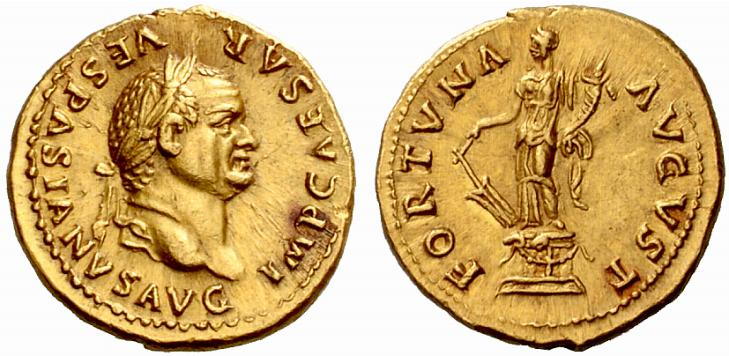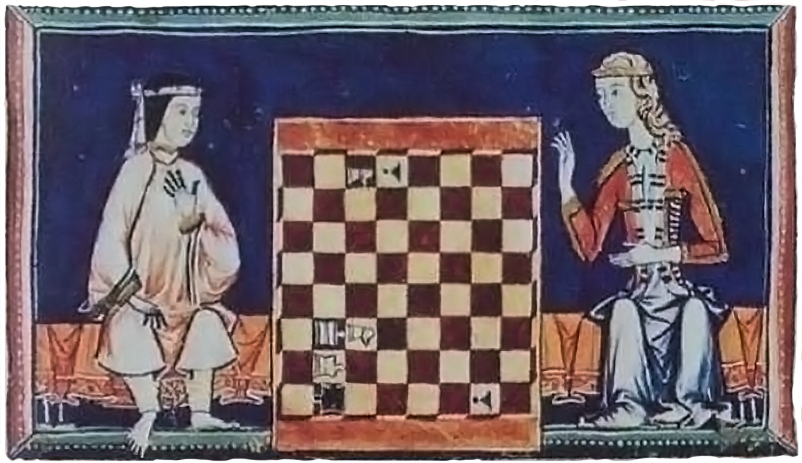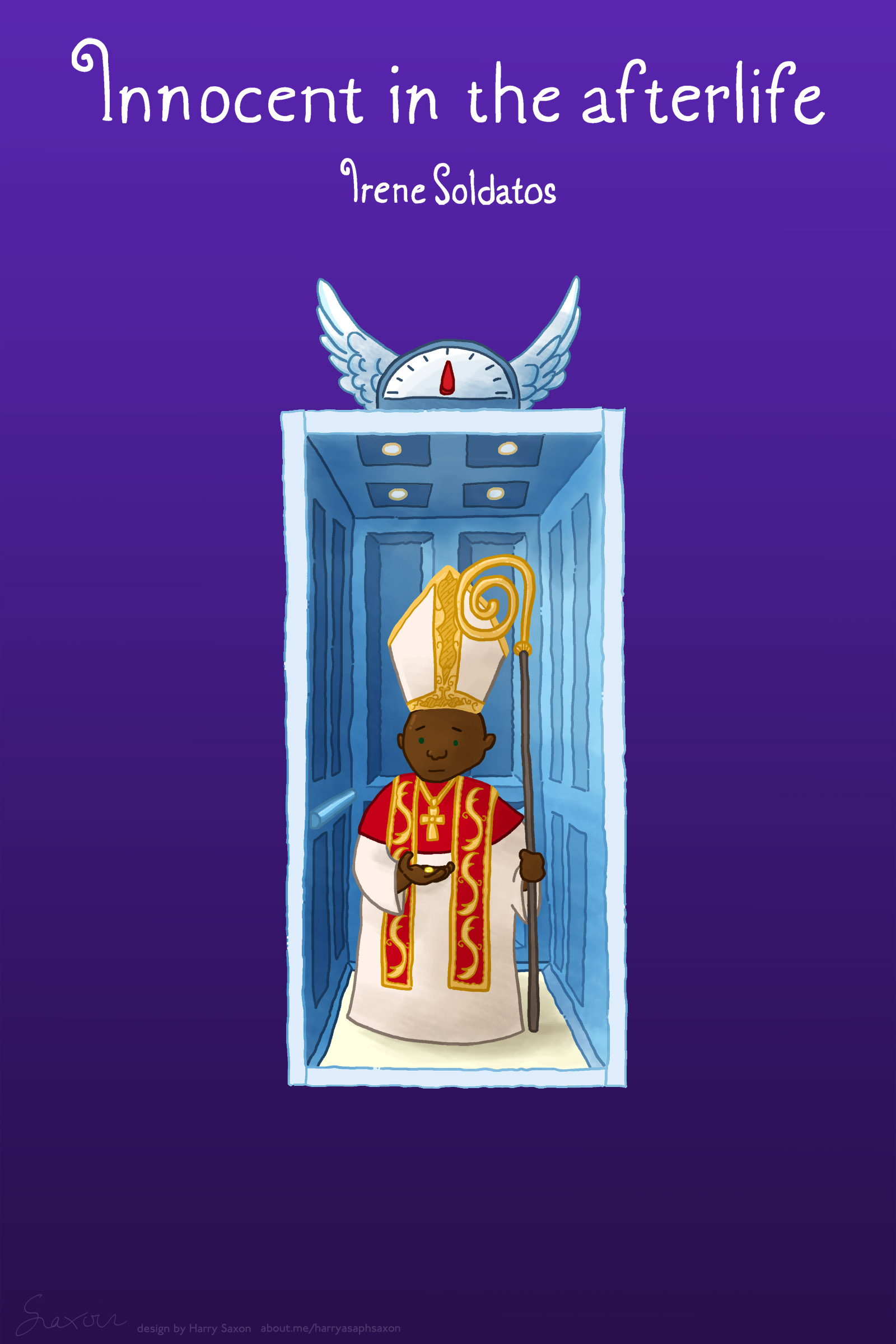
Vespasian, the Emperor with a sense of humour
Vespasian was square-shouldered, with strong, well-formed limbs, but always wore a strained expression on his face; so that once, when he asked a well-known wit who always used to make jokes about people: ‘Why not make one about me?’ the answer came:
‘I will, when you have at last finished relieving yourself.’
… Yet Vespasian was nearly always just as good-natured, cracking frequent jokes; and, though he had a low form of humour and often used obscene expressions, some of his sayings are still remembered. Taken to task by Mestrius Florus, an ex-consul, for vulgarly saying plostra instead of plaustra (waggons), he greeted him the following day as ‘Flaurus’. Once a woman complained that she was desperately in love with him, and would not leave him alone until he consented to seduce her.
‘How shall I enter that item in your expense ledger?’ asked his accountant later, on learning that she had got 4,000 gold pieces out of him.
‘Oh,’ said Vespasian, ‘just put it down to “love for Vespasian”.’
With his knack of apt quotation from the Greek Classics, he once described a very tall man whose genitals were grotesquely over-developed as:
Striding along with a lance which casts a preposterous shadow,
– a line out of the Iliad. And when, to avoid paying death duties into the Privy Purse, a very rich freedman changed his name and announced that he had been born free, Vespasian quoted Menander’s :
O, Laches, when you life is o’er,
Cerylus you will be once more.
Most of his humour, however, centred on the way he did business; he always tried to make his swindles sound less offensive by passing them off as jokes. One of his favourite servants applied for a stewardship on behalf of a man whose brother he claimed to be.
‘Wait,’ Vespasian told him, and had the candidate brought in for a private interview.
‘How much commission would you have paid my servant?’ he asked. The man mentioned a sum. ‘You may pay it directly to me,’ said Vespasian, giving him the stewardship. When the servant brought the matter up again, Vespasian’s advice was:
‘Go and find another brother. The one you mistook for your own turns out to be mine!’
Once, on a journey, his muleteer dismounted and began shoeing the mules; Vespasian suspected a ruse to hold him up, because a friend of the muleteer’s had appeared and was now busily discussing a law-suit. Vespasian made the muleteer tell him just what his shoeing fee would be; and insisted on being paid half [of it]. Titus [Vespasian’s son] complained about the tax which Vespasian had imposed on the contents of the City urinals (used by the fullers to clean woollens). Vespasian handed him a coin which had been part of the first day’s proceeds:
‘Does it smell bad, son?’ he asked.
‘No, father!’
‘That’s odd: it comes straight from the urinal!’
When a deputation from the Senate reported that a huge and expensive statue had been voted him at public expense, Vespasian held out his hand, with:
‘The pedestal is waiting.’
Nothing could stop this flow of humour, even the fear of imminent death. Among the many portents of his end was a yawning crevice in August’s Mausoleaum.
‘That will be for Junia Calvina,’ he said, ‘she is one of his descendants.’
And at the fatal sight of a comet he cried:
‘Look at that long hair! The King of Parthia must be going to die.’
His death-bed joke was:
‘Dear me! I must be turning into a god.’1
1 Suetonius, The Twelve Caesars, trans. Robert Graves, London: The Folio Society, 1964, pp. 291-293.




